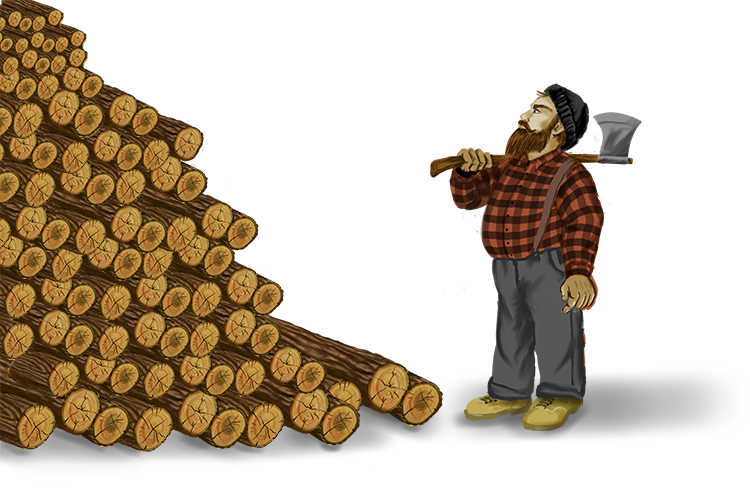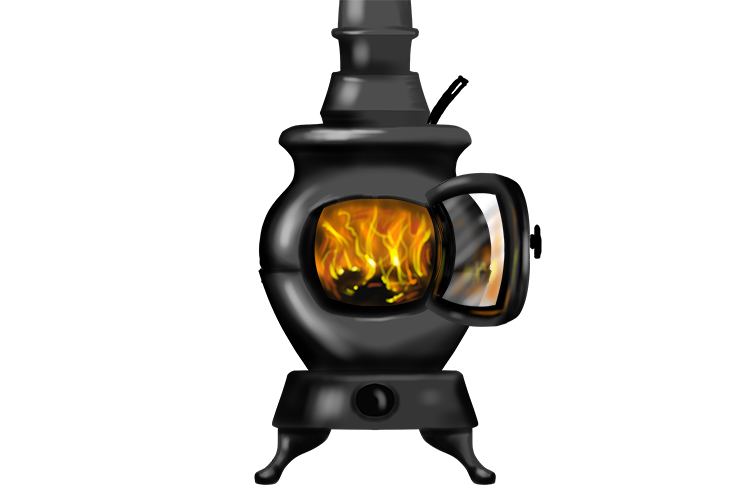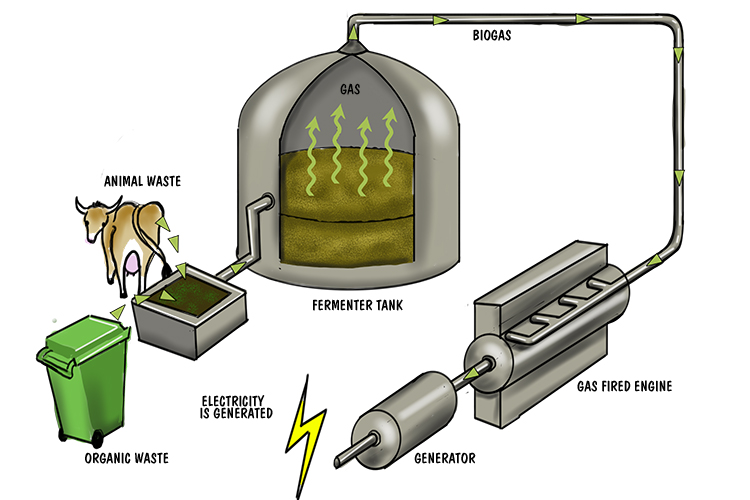Biomass – Renewable organic materials such as wood, agricultural crops or wastes, especially when used as a source of fuel or energy
Note: Biomass can be burned directly or processed into biofuels such as ethanol and methane.
To remember the meaning of the term Biomass, use the following mnemonic:
You can buy a mass (biomass) of organic material but you might still have to work on it.

Biomass means "natural material". When biomass energy is burned it releases heat, just like the wood logs in a campfire.

Biomass such as animal waste and organic waste is broken down by micro organisms in light- and oxygen-free conditions. This fermentation process produces methane and carbon dioxide (the biogas). The biogas is burned to turn an engine and this turns a spindle between magnets to generate electricity.

Biomass, made from waste plant or animal material, can be burned to produce heat and electricity.
Biomass in the form of sewage can be turned into dried pellets, which are burned with coal in power stations to produce heat. The heat produces steam to power electricity generators.
Although biomass uses waste products, it costs money to transport and is as expensive as coal.
The four types of biomass we mostly use today are wood and agricultural products; solid waste; landfill gas; and alcohol fuels.
Alcohol fuel is made by converting wheat, corn, and other crops into liquid fuels including ethanol and methanol.
Biomass is widely available and is carbon neutral. It reduces reliance on, and is cheaper than, fossil fuels.
On the debit side, biomass is not as efficient as fossil fuels and is not entirely clean, so can pollute. Also, biomass plants require a large amount of space.




